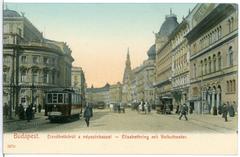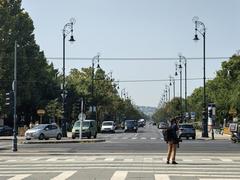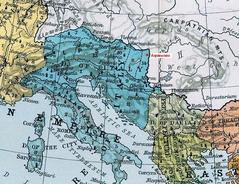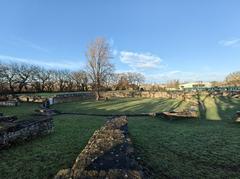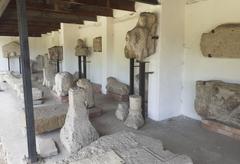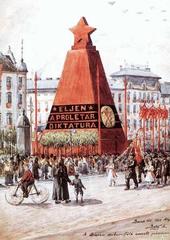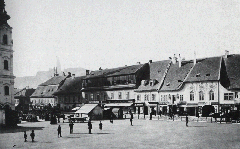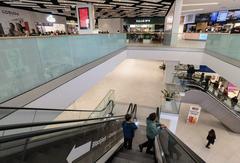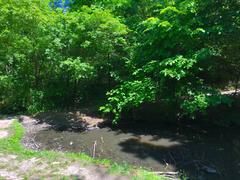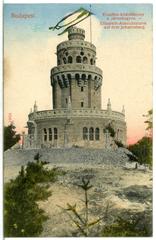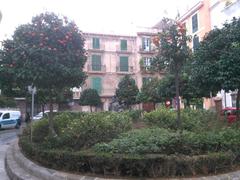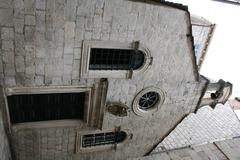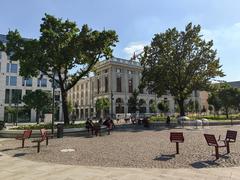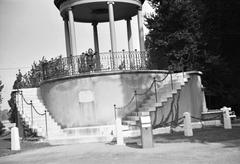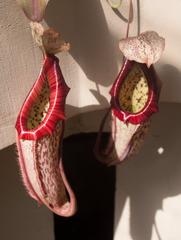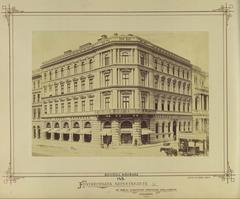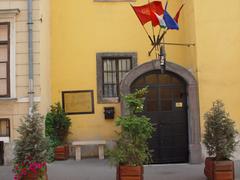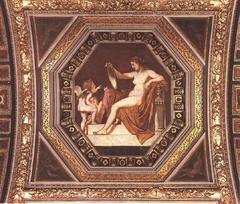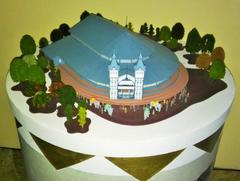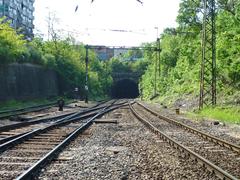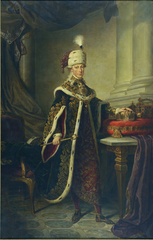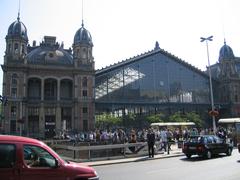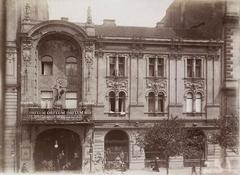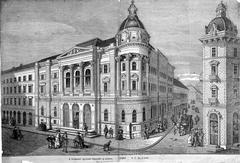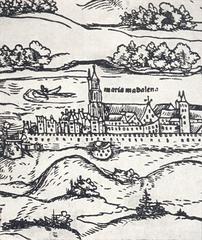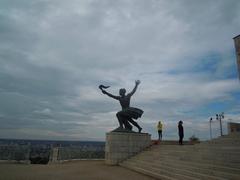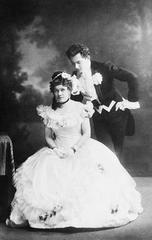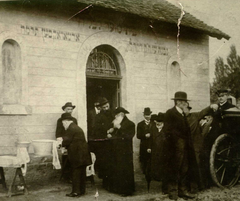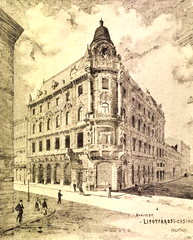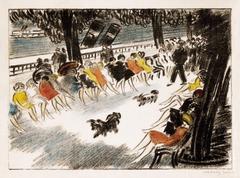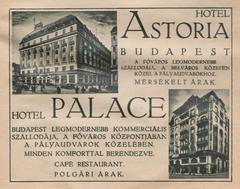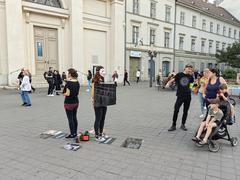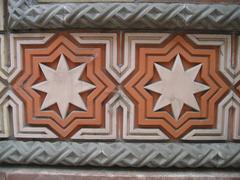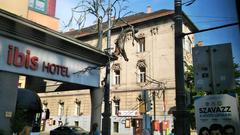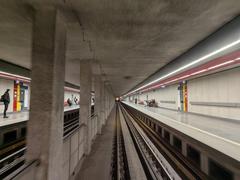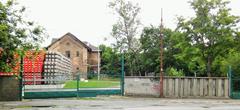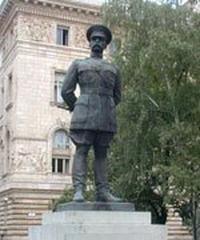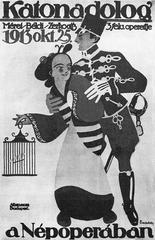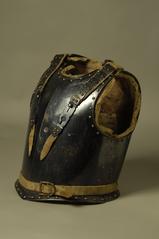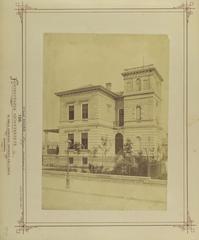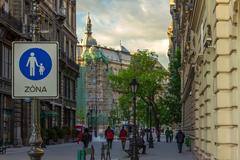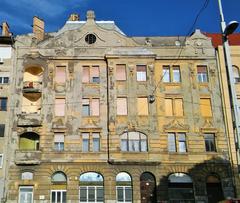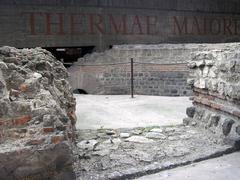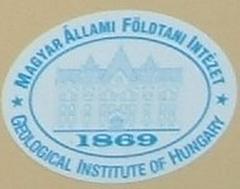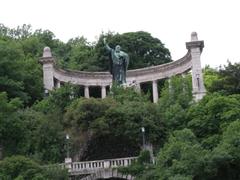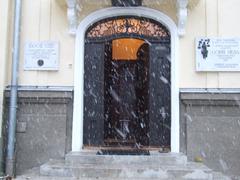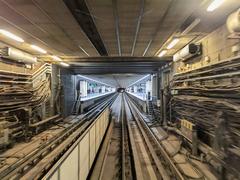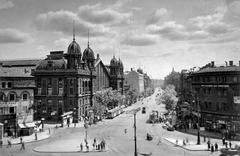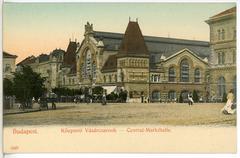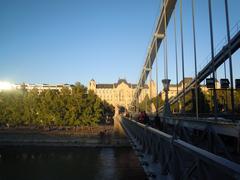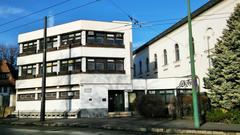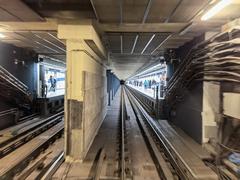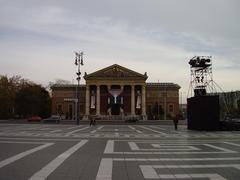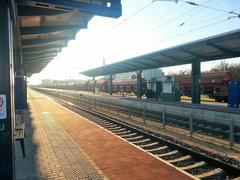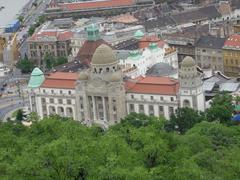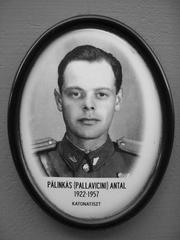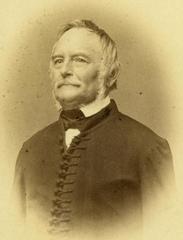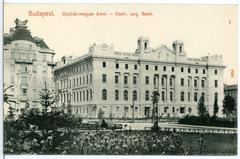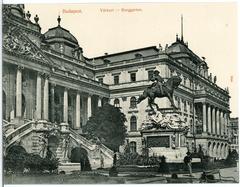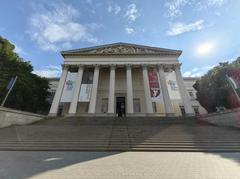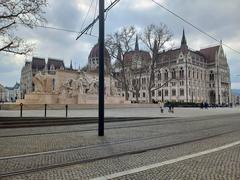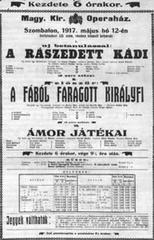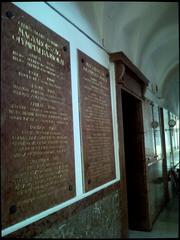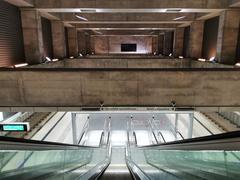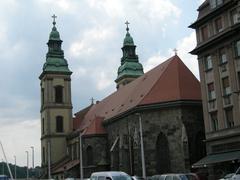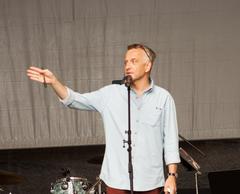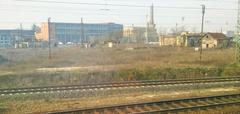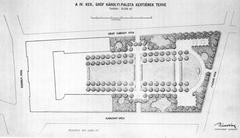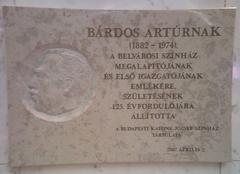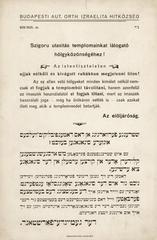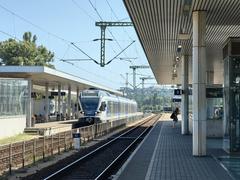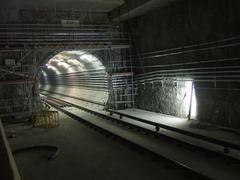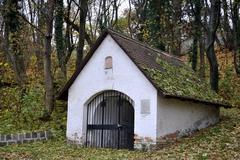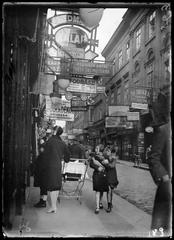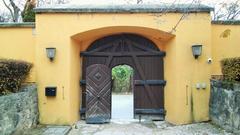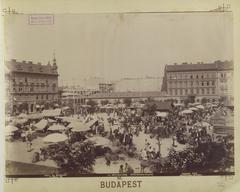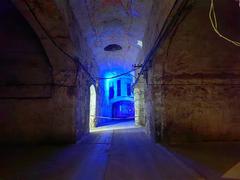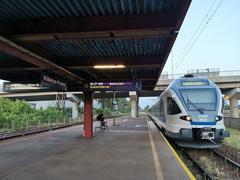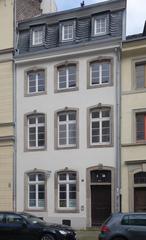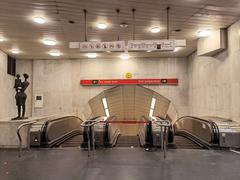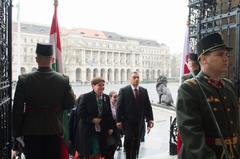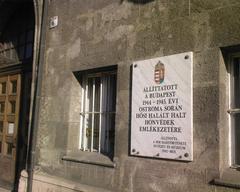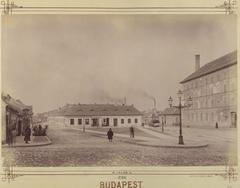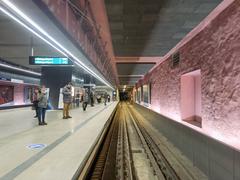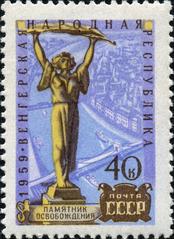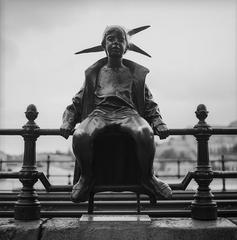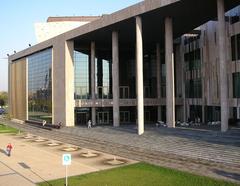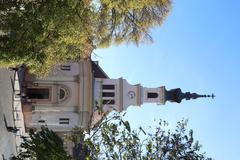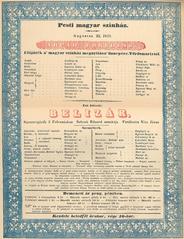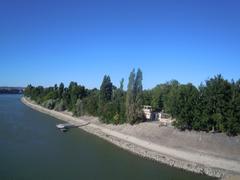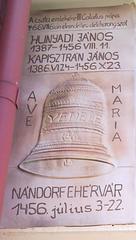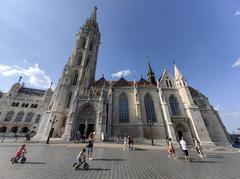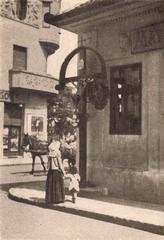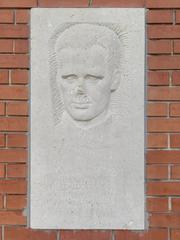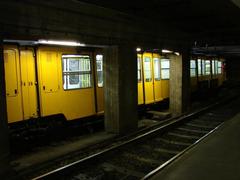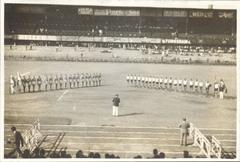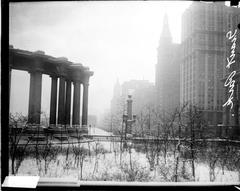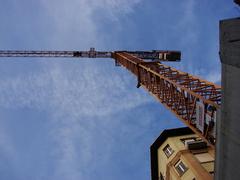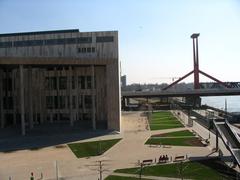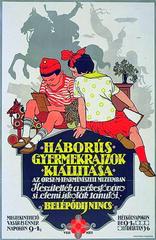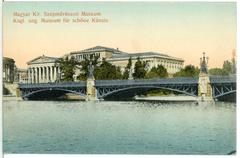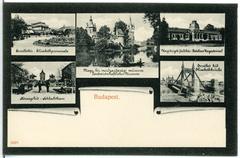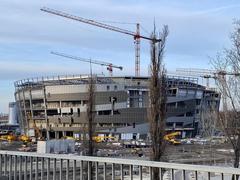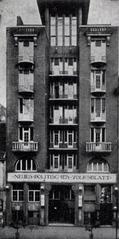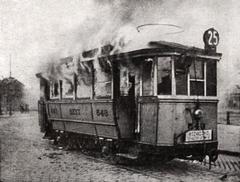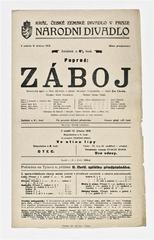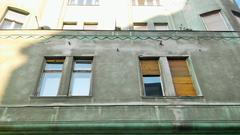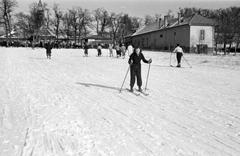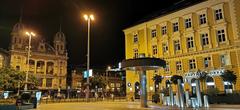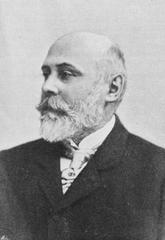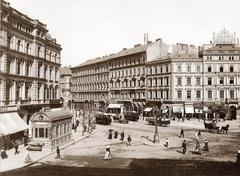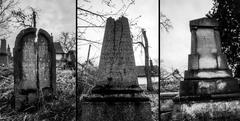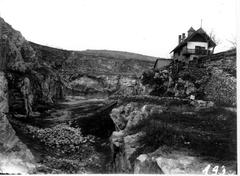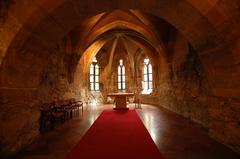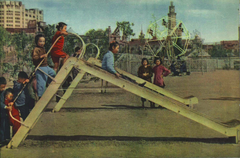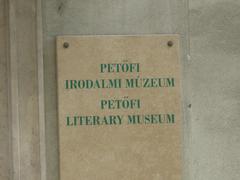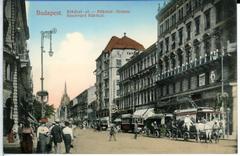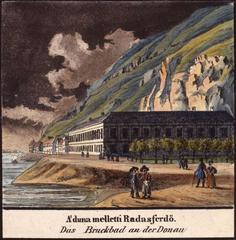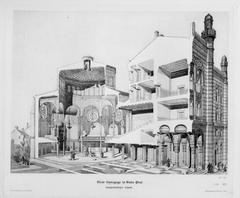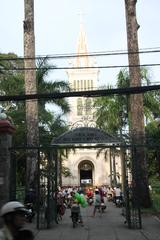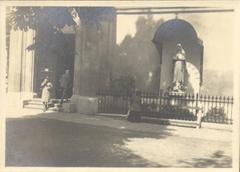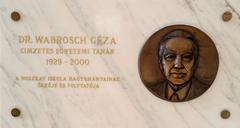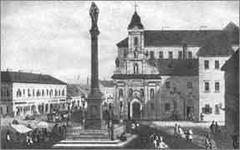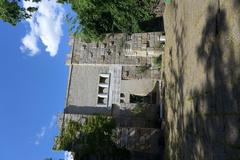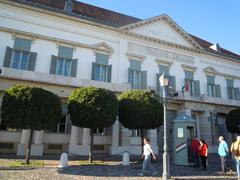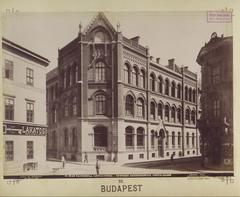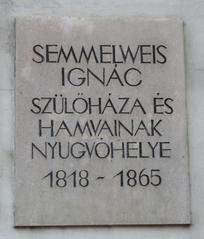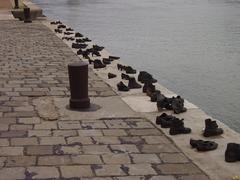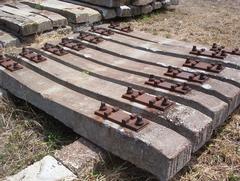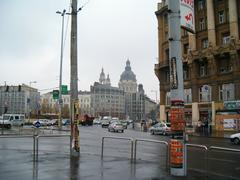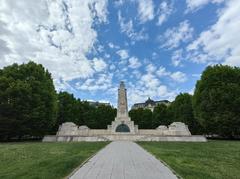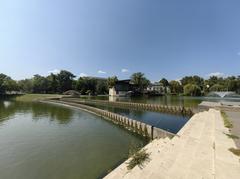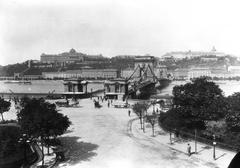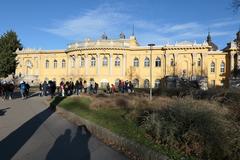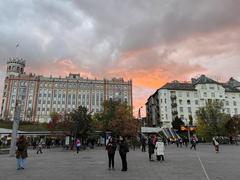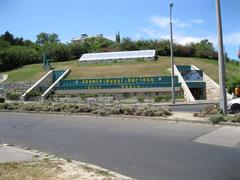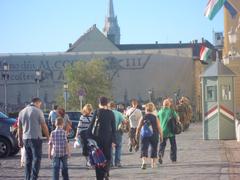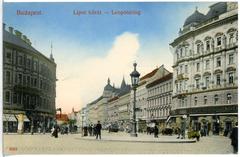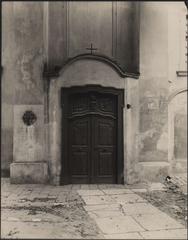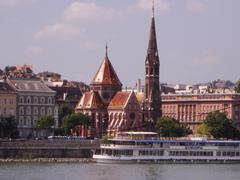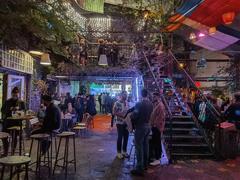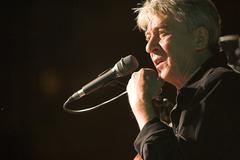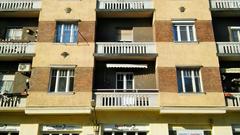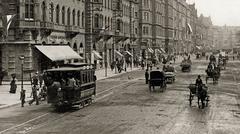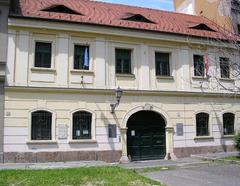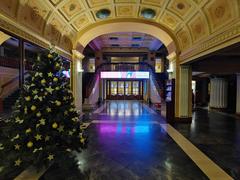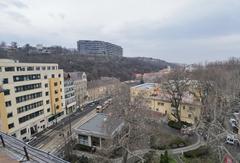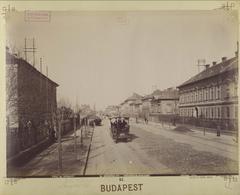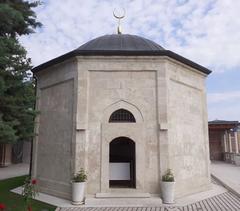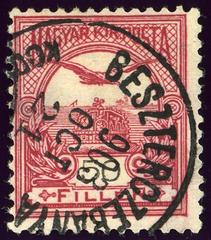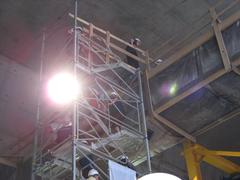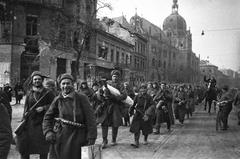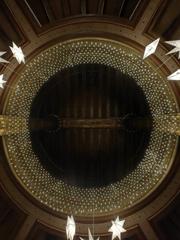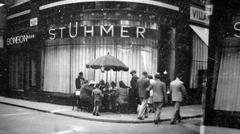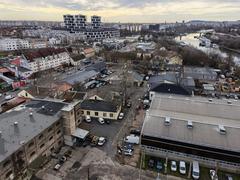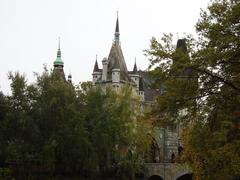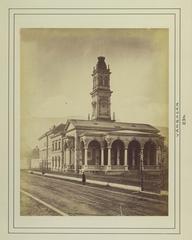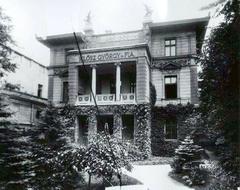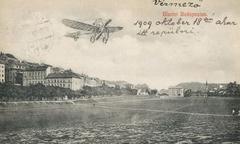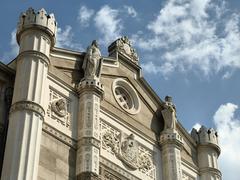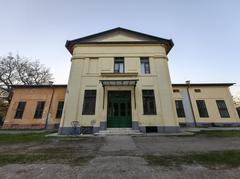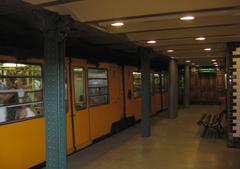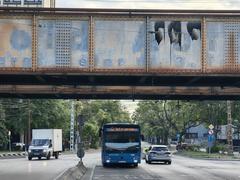Seven Prince-Electors Inn Budapest: Visiting Hours, Tickets, and Historical Sites Guide
Date: 04/07/2025
Introduction
Nestled in the heart of Budapest, the Seven Prince-Electors Inn (Hét Választófejedelem Fogadó) is a site rich in history and cultural resonance. Though the original 18th-century building no longer stands, its legacy endures at 9 Váci Street—now home to the Pest Theatre. This guide explores the inn’s origins, significance, practical visitor information (including opening hours and ticketing), accessibility, and tips for making the most of your visit. Whether you are a history buff, a culture seeker, or simply curious about Budapest’s heritage, this comprehensive resource will help you connect with one of the city’s most storied locations. For more details and the latest updates, consult the official Pest Theatre website, and refer to resources such as the Budapest Heritage Collection and Insight Cities.
Table of Contents
- Historical Overview
- The Inn as a Social and Cultural Hub
- Notable Guests and Musical Heritage
- Transformation, Demolition, and Legacy
- Urban Context and Evolution
- Visiting the Site Today
- Events and Visitor Experience
- Practical Visitor Tips
- Frequently Asked Questions (FAQ)
- Conclusion & Key Takeaways
- References and Further Reading
Historical Overview
Founded in the early 18th century by János Lenner of Lennersberg, a Viennese-born carpenter and chief judge of Pest, the Seven Prince-Electors Inn quickly became one of Pest’s most elegant and socially significant establishments. Its German name, “Gasthoff zu den 7 Kurfürsten,” honored the seven prince-electors of the Holy Roman Empire, reflecting Pest’s cosmopolitan ambitions and Hungary’s deep Central European ties (pestbuda.hu).
After Lenner’s death, his son Tóbiás Lennersberg oversaw a major reconstruction in 1772. In 1777, Sebestyén Heuszler purchased the property and added a grand ballroom, establishing the venue as a key hub for social events and high society gatherings.
The Inn as a Social and Cultural Hub
By the late 18th and early 19th centuries, the Seven Prince-Electors Inn was celebrated for its vibrant social environment, exceptional cuisine, and accessible prices. It attracted a diverse clientele—local citizens, travelers, and dignitaries—becoming a center for entertainment, civic discourse, and intellectual exchange. Amenities like a café and games room (added after 1791) further cemented its place as a focal point in the city’s social life.
Notable Guests and Musical Heritage
The inn’s ballroom hosted significant events, from presentations of infrastructure plans (notably, the first Pest-Buda bridge plans in 1820) to charity balls and music academies. It welcomed esteemed guests such as Emperor Joseph II (1788) and Archduke Francis (1789). A landmark moment in the inn’s legacy was the performance by a 12-year-old Franz Liszt—his first concert in Pest—establishing the venue’s reputation for supporting musical and artistic innovation.
Transformation, Demolition, and Legacy
The inn was transformed into the Seven Electors’ Hotel in 1836, following a merger with a neighboring property. Despite its continued prominence, the hotel closed in 1840. The building was subsequently demolished and replaced by a classicist residential house designed by József Hild, which later became the Hotel Nemzeti (1865–1902). The site evolved further, housing the Corso Cinema (1915) and, since 1967, the Pest Theatre.
Urban Context and Evolution
The Seven Prince-Electors Inn’s history mirrors Budapest’s transformation from a provincial town to a cosmopolitan European capital. Each incarnation of the site reflects architectural and social trends of its era, and its legacy continues to shape the lively atmosphere of Váci Street and the surrounding district.
Visiting the Site Today
Location and Access
The historical site is located at 9 Váci Street, a bustling pedestrian avenue in Budapest’s city center. Today, the Pest Theatre occupies the site, accessible by metro (Vörösmarty tér station), trams, and buses.
Visiting Hours and Tickets
- Historical Exploration: While the original inn is gone, guided theatre tours and surrounding museums offer insights into the site’s rich past.
Accessibility
The Pest Theatre and surrounding pedestrian zones are wheelchair accessible, with facilities for visitors with mobility needs. Public transport in the area offers accessible options.
Nearby Attractions
Enhance your visit by exploring:
- Váci Street’s shopping and café district
- The Danube Promenade
- Chain Bridge
- Hungarian National Museum
- Buda Castle District and Matthias Church (short public transport ride away)
Events and Visitor Experience
The Pest Theatre regularly hosts plays, concerts, and exhibitions celebrating the site’s heritage. Special events, such as historical reenactments and cultural festivals, offer immersive experiences. Photography is permitted in public areas; please observe any event-specific restrictions.
Practical Visitor Tips
- Best Time to Visit: Weekdays or off-peak hours; evenings for performances.
- Dress Code: Smart-casual attire is appropriate, especially for theatre events.
- Language: English widely spoken; learning basic Hungarian phrases is appreciated.
- Payments: Credit/debit cards are accepted; carry some cash for small purchases.
- Tipping: Customary at 10–15% in restaurants and for tours.
- Safety: Budapest is generally safe—use standard precautions and be mindful of valuables.
Frequently Asked Questions (FAQ)
Q: What are the visiting hours?
A: The original inn no longer exists, but the Pest Theatre is open according to its schedule. Check the theatre’s website for current hours.
Q: Are guided tours available?
A: Yes, guided tours of the Pest Theatre and its history are available by appointment.
Q: Is the site accessible for visitors with disabilities?
A: Yes, accessibility features are in place at the theatre and along Váci Street.
Q: Do I need tickets to visit?
A: Entry to Váci Street is free; tickets are required for theatre performances and some guided tours.
Conclusion & Key Takeaways
The Seven Prince-Electors Inn, though physically gone, remains a vibrant part of Budapest’s cultural memory. Its legacy lives on through the Pest Theatre and the bustling life of Váci Street. For visitors, the site offers a gateway to Budapest’s layered past—rich with music, art, and hospitality. Plan your visit to coincide with special events, explore guided tours, and experience the city’s dynamic heritage firsthand.
For more insights, guided tours, and updates on cultural events, download the Audiala app and follow official channels. Use resources like Budapest Tourist Information, Headout, and Itimaker for practical tips.
References and Further Reading
- The Seven Prince-Electors Inn: A Historic Gem and Cultural Landmark in Budapest, pestbuda.hu
- Exploring the Seven Prince-Electors Inn Budapest: Visiting Hours, History, and Cultural Significance, Insight Cities
- Seven Prince-Electors Inn Budapest: Visiting Hours, Tickets & Historic Site Guide, Headout
- A First-Timer’s Guide to Budapest, Aliz’s Wonderland
- Budapest Public Transport and Visitor Information, BKK
- Budapest in July: Travel Tips, Travelling Mandala
- Budapest Travel Guide, Itimaker
- Things to Know Before Traveling to Budapest, Lonely Planet
